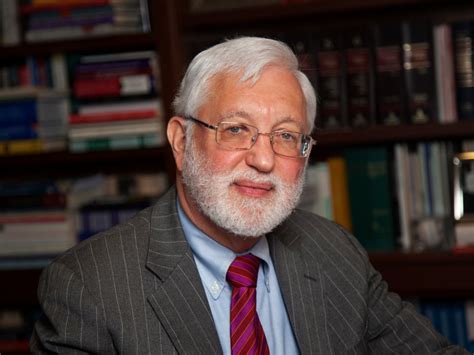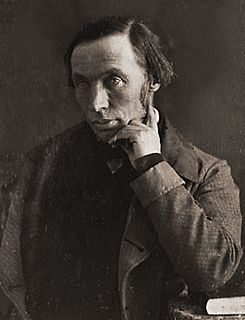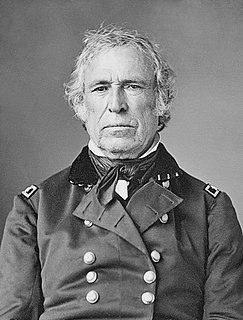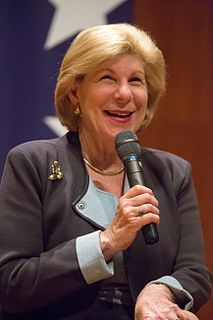A Quote by Thomas Jefferson
The question whether the judges are invested with exclusive authority to decide on the constitutionality of a law has been heretofore a subject of consideration with me in the exercise of official duties. Certainly there is not a word in the Constitution which has given that power to them more than to the Executive or Legislative branches.
Related Quotes
Much of the Constitution is remarkably simple and straightforward - certainly as compared to the convoluted reasoning of judges and law professors discussing what is called 'Constitutional law,' much of which has no basis in that document....The real question [for judicial nominees] is whether that nominee will follow the law or succumb to the lure of 'a living constitution,' 'evolving standards' and other lofty words meaning judicial power to reshape the law to suit their own personal preferences.
The whole body of the nation is the sovereign legislative, judiciary, and executive power for itself. The inconvenience of meeting to exercise these powers in person, and their inaptitude to exercise them, induce them to appoint special organs to declare their legislative will, to judge and to execute it. It is the will of the nation which makes the law obligatory.
The constitution has divided the powers of government into three branches, Legislative, Executive and Judiciary, lodging each with a distinct magistracy. The Legislative it has given completely to the Senate and House of Representatives. It has declared that the Executive powers shall be vested in the President, submitting special articles of it to a negative by the Senate, and it has vested the Judiciary power in the courts of justice, with certain exceptions also in favor of the Senate.
Judges are the people who have to protect the rights of individuals, have to protect the rights of minorities, have to protect the rights in the Constitution, have to protect the requirement that the executive and the legislature not simply exercise raw power but adhere to standards of reasonableness and constitutionality.
It is often hard to secure unanimity about the borders of legislative power, but that is much easier than to decide how far a particular adjustment diverges from what the judges deem tolerable. On such issues experience has over and over again shown the difficulty of securing unanimity. This is disastrous because disunity cancels the impact of monolithic solidarity on which the authority of a bench of judges so largely depends.
It is left... to the juries, if they think the permanent judges are under any bias whatever in any cause, to take on themselves to judge the law as well as the fact. They never exercise this power but when they suspect partiality in the judges; and by the exercise of this power they have been the firmest bulwarks of English liberty.
I consider the government of the United States as interdicted by the Constitution from intermeddling with religious institutions, their doctrines, discipline, or exercises. This results not only from the provision that no law shall be made respecting the establishment or free exercise of religion, but from that also which reserves to the States the powers not delegated to the United States. Certainly, no power to prescribe any religious exercise or to assume authority in any religious discipline has been delegated to the General Government. It must then rest with the States.





























